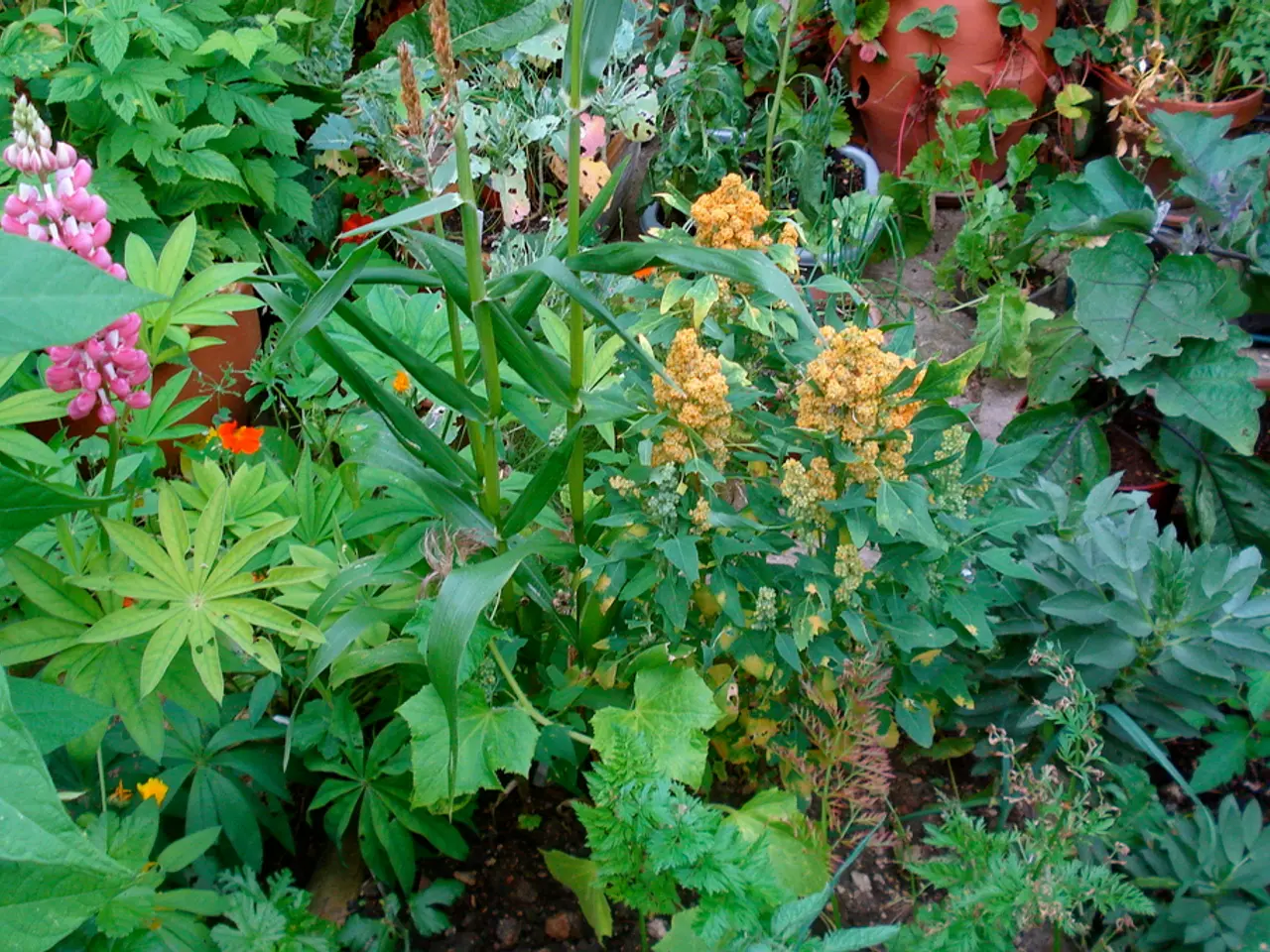Supporting Vascular Health Through Bioflavonoids' Action
In the pursuit of maintaining and improving vascular health, a group of plant compounds known as bioflavonoids have emerged as key allies. These compounds, found in various fruits, vegetables, and beverages, support vascular health by improving circulation, reducing inflammation, and strengthening blood vessel walls.
Citrus fruits, such as oranges, lemons, and grapefruits, are rich sources of bioflavonoids, particularly flavanones. These citrus gems not only enhance the effects of vitamin C but also contribute to improved blood flow and a reduced risk of varicose veins.
Berries, including strawberries, blueberries, raspberries, and blackberries, are another excellent source of bioflavonoids. These colourful fruits are packed with anthocyanins, a type of flavonoid that protects vein walls from oxidative damage and supports collagen production, essential for maintaining the elasticity of blood vessels.
Legumes, such as kidney beans, black-eyed peas, and lentils, are also rich in bioflavavonoids. These versatile foods not only provide a good source of bioflavonoids but also offer minerals that support vascular health.
Leafy green vegetables, like spinach and kale, offer antioxidants and compounds like lutein and zeaxanthin that protect vascular tissue from damage.
In addition to these food sources, vitamin C-rich foods like citrus, peppers, and strawberries, whole grains, and omega-3 rich fish and seeds complement bioflavonoid effects by strengthening vessel walls and reducing inflammation.
Red wine and grapes, particularly the skin of red grapes, are also rich in bioflavonoids. The bioactive compounds resveratrol and anthocyanins found in these foods promote vascular function by reducing the risk of arterial plaque buildup.
In summary, a diet rich in citrus fruits, berries, legumes, and leafy greens is optimal for bioflavonoid intake to maintain and improve vascular health. By incorporating these foods into your diet, you can take a significant step towards supporting your heart health and reducing the risk of various vascular conditions.
- To boost the effectiveness of vitamin C and enhance blood flow, it's beneficial to consume a variety of bioflavonoid-rich foods like citrus fruits.
- Anthocyanins, a type of bioflavonoid found in berries, protect vein walls from oxidative damage and support collagen production, crucial for maintaining the elasticity of blood vessels.
- Legumes, such as kidney beans and lentils, are not only rich in bioflavonoids but also supply minerals that contribute to vascular health.
- Leafy green vegetables offer antioxidants and compounds like lutein and zeaxanthin, which protect vascular tissue from damage.
- Vitamin C-rich foods, whole grains, and omega-3 rich fish and seeds synergize with bioflavonoids to strengthen vessel walls and minimize inflammation.
- Red wine and grapes, particularly the skin of red grapes, are abundant in bioflavonoids, with resveratrol and anthocyanins promoting vascular function and reducing the risk of arterial plaque buildup.
- Adopting a diet rich in citrus fruits, berries, legumes, leafy greens, and these additional food sources can significantly support heart health and reduce the risk of various vascular conditions, contributing to overall health and wellness.




